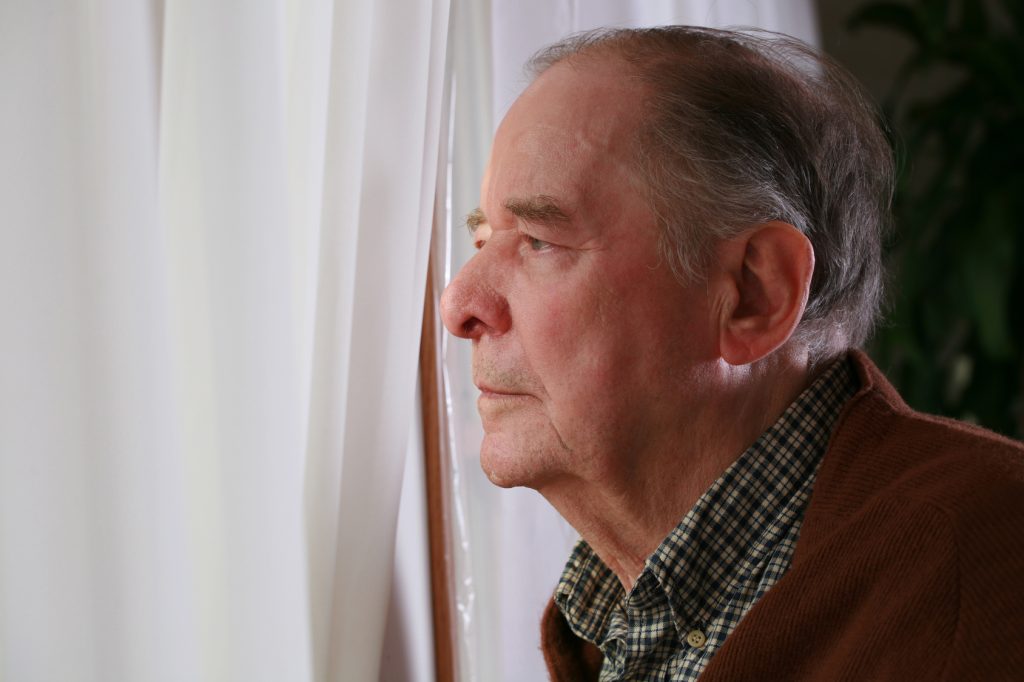2024, a year to get excited about, it’s time to make your dreams come true and achieve those goals you have been working so hard towards for so long.
Whatever your plans are for the year ahead, we are pretty sure that facing a pest infestation isn’t very high up on your to-do list!

Pest problems can swiftly turn a time of hope and excitement into your very own living nightmare and make 2024 a year to remember for all the wrong reasons.
If you are fed up with facing pest issues every single year, or simply want to make sure that this isn’t the year that you have to deal with them for the very first time, taking certain simply precautions is key.
Unfortunately, pests cause problems all year long from mice and rats in the winter to wasps and ants in the spring and summer months so this isn’t something that you can do on the 1st of January and then forget about for the rest of the year.
Luckily, if you do not already have a pest infestation in your home or business property, protecting yourself against them is not rocket science. With a combination of best practice from residents or visitors and some basic habitat modification, you can reduce the risk of being a victim to close to zero.
If you do already have pests in your property, or believe you might even if you haven’t seen them in person, don’t panic either. Simply call the expert team here at Harvey Environmental Liverpool and we will help you take back control. After that, come back to this article and take the sensible steps listed below to ensure that a similar situation never happens again.
Top tips for stopping pests in 2024
Pre-Spring Cleaning
Many people choose spring as the time to have a good clear out and de-clutter their homes. Why wait though?
With decorations to put away, the post-Christmas period is a great chance to do just that, removing many of the potential nesting spots for mice, rats, and other rodents, and creating a much more organised environment to enjoy in 2024.
Store food waste properly
Christmas and New Year celebrations are a time to enjoy some great food and drink with friends, but if you leave leftovers lying around the end of your party can quickly become the start of a pest colony’s.
Make sure all your food waste is stored in bids with a secure lid until the binmen arrive and wash out all bottles and cans thoroughly before recycling to avoid attracting insect species.
Clean your vents
You should be cleaning out your vents reasonably regularly to ensure clean air is able to enter the home efficiently, but this is one of those tasks that is so easy to forget in the hustle and bustle of day-to-day life.
By cleaning out your vents, you will not only improve quality of life and lower the risk of fire but can also help you to identify signs of pest activity.





 1. The Outpatient Therapy: This treatment typically is a weekly therapy session and/or meetings with a dietitian. it may be as effective as the inpatient treatment dependent on the extent and severity of eating disorders
1. The Outpatient Therapy: This treatment typically is a weekly therapy session and/or meetings with a dietitian. it may be as effective as the inpatient treatment dependent on the extent and severity of eating disorders